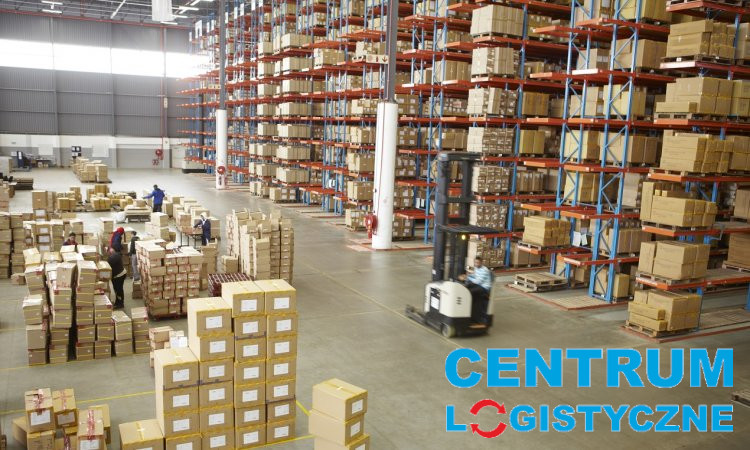Thanks to the permit for temporary storage issued by the Podlaskie office of Customs and treasury in Białystok, we have the opportunity to run a warehouse for our contractors for goods with non-EU status.
Goods entering the EU at each border point are subject to the transit procedure (T1, tir, etc.). For various reasons (suspension of payment of customs duties (customs, excise, VAT), lack of documents, transhipment, further resale… etc.) the goods are not always immediately declared for final clearance / marketing authorisation.
In accordance with Article 147(1) of the UKC, goods may be stored temporarily only in a temporary storage warehouse,
Conditions and obligations for temporary storage of goods
1. Goods in temporary storage shall be stored only in temporary storage warehouses in accordance with Article 148 or, where appropriate, in other places designated or recognised by the customs authorities.
2. Without prejudice to Article 134 (2), goods in temporary storage may be subject only to operations designed to preserve them in their unaltered state, without changing their appearance or technical characteristics.
3. The holder of the authorisation referred to in Article 148 or the person storing the goods, where the goods are stored in other places designated or recognised by the customs authorities, shall be responsible:
(a) for ensuring that goods in temporary storage are not removed from customs supervision;
(B) for the fulfilment of obligations arising from the storage of goods in temporary storage.
4. Where goods cannot continue to be stored temporarily, the customs authorities shall immediately take all necessary measures to remedy the situation of the goods in accordance with articles 197, 198 and 199.
Temporary storage always entails the need to lodge a security. In the case of a warehouse, this is a flat-rate security, lodged together with the application for the opening of such a warehouse, at a place where the security is deemed to be lodged on a case-by-case basis.
The warehouse shall act as a storage place for goods originating in countries still subject to customs duties. The storage of products imported from abroad means that customs duties and other tax obligations will have to be paid only at the moment when these products are exported and placed on the market. Until then, however, they may not leave the warehouse, which is properly secured and supervised by the customs authorities. Using the warehouse allows you to postpone payments, as well as to store goods, which will then be re-exported to other countries. The main profit for the importer is the ability to pay fees as the goods collected are dispatched from the customs warehouse.
Temporary storage warehouse and customs warehouse-often confused concepts.
The first major difference is that a temporary storage warehouse can store loads for up to 90 days.
Another is the fact that the cargoes located on its territory can be prepared, labeled, and also examined by various bodies supervising the placing of goods on the market. It is also possible to carry out processes related to the processing of products or other activities preparing them for later distribution.

